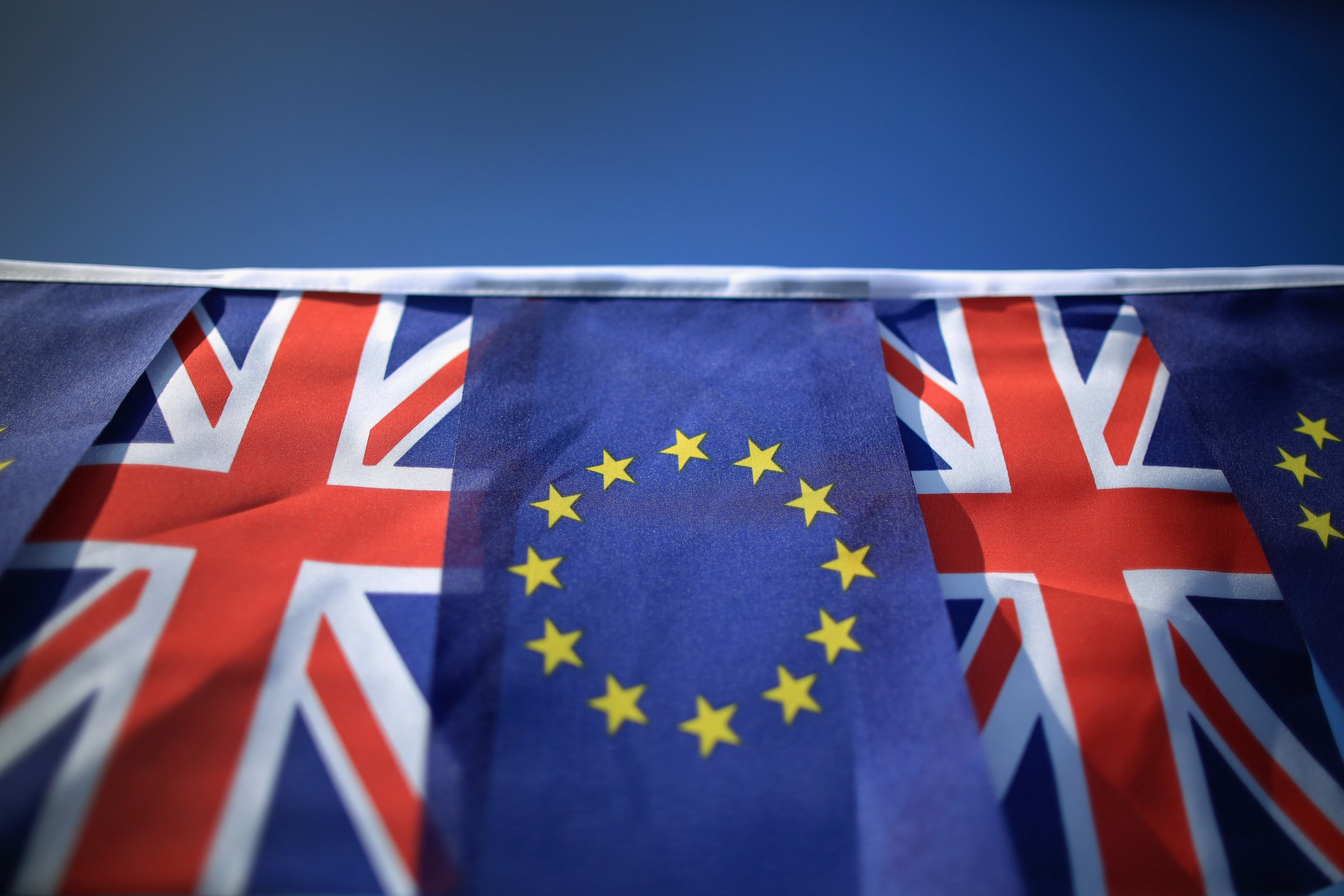
When Britons vote June 23 on whether the U.K. should remain in the European Union, fear is likely to be the deciding factor. But will it be fear of the economic consequences of British isolation? Or fear of remaining part of a Europe that is deeply troubled? The migrant crisis and terrorism, two issues fairly or unfairly conflated by many voters, are on the rise. The bloody terrorist attack in Brussels will make matters worse. Though Britain is not part of the Schengen Agreement on open borders, recent news from across the Channel will worry Britons.
Last year, about 1.8 million migrants entered the E.U. This year, the number will likely rise even higher as migrants, who are mainly Muslim and afraid that Europe’s borders are beginning to close, hurry north. As the flood becomes a tidal wave and terrorist threats make new headlines, European populists are successfully attacking German Chancellor Angela Merkel’s open-door policy.
To stem the flow of migrants–and that criticism–Merkel has cut a deal with Turkey. She has offered, among other things, visa-free travel within the Schengen area for 77 million Turkish citizens. This deal will likely unravel as it fails to slow the arrival of migrants, and mistrust between Europe and Turkey’s government will grow. Now there’s a new set of terrorist attacks to add to Britain’s worries.
A vote for Brexit is a leap into the unknown. It would force the British government to renegotiate trade and investment relationships with other E.U. governments, which will make the bargaining as arduous as possible to discourage other members from leaving. That process will generate enough uncertainty to create serious problems for Britain’s growth. It would prove much more difficult for Britain to win access to European services markets, and E.U. leaders likely won’t allow London to remain the region’s financial center. Brexit also might give Scottish nationalists the argument they need to hold another vote on independence–and this time to win it.
Polls are close but swinging toward exit. The danger is that with the public divided, the passion of the anti-Europe side will carry the day. The cold economic logic favoring remaining in the union won’t do much to excite voters who are seeing constant headlines about how Europe is falling apart. Prime Minister David Cameron has acknowledged as much, saying this month that his biggest concern was low voter turnout for the “in” campaign.
In the end, Britain is likely to hold its nose and vote to remain within the E.U. But there will surely be more surprises over the next three months. For now, momentum is clearly on the side of Brexit.
More Must-Reads From TIME
- The 100 Most Influential People of 2024
- Coco Gauff Is Playing for Herself Now
- Scenes From Pro-Palestinian Encampments Across U.S. Universities
- 6 Compliments That Land Every Time
- If You're Dating Right Now , You're Brave: Column
- The AI That Could Heal a Divided Internet
- Fallout Is a Brilliant Model for the Future of Video Game Adaptations
- Want Weekly Recs on What to Watch, Read, and More? Sign Up for Worth Your Time
Contact us at letters@time.com